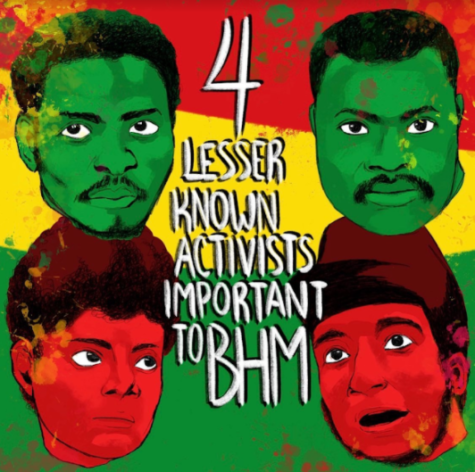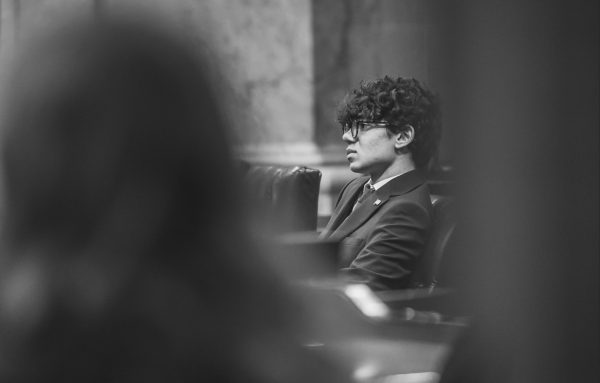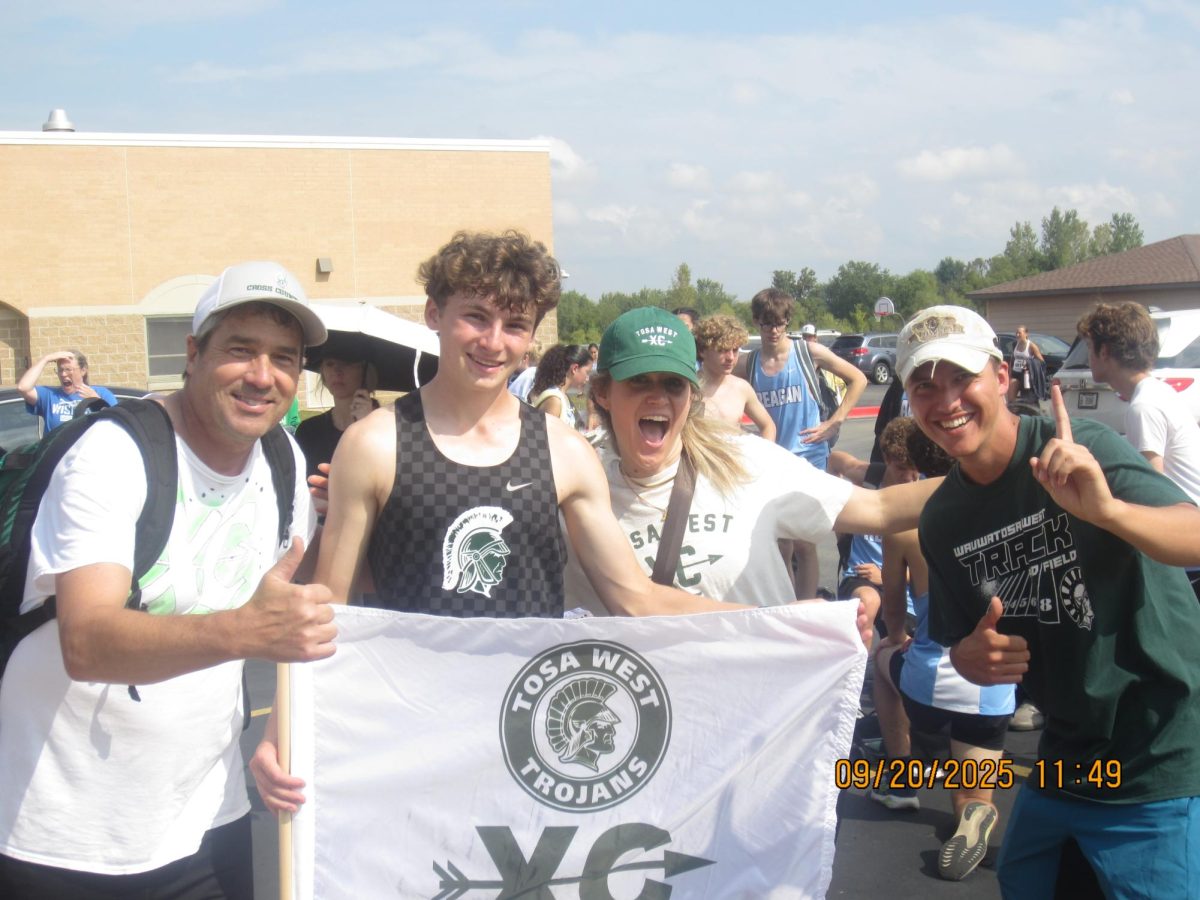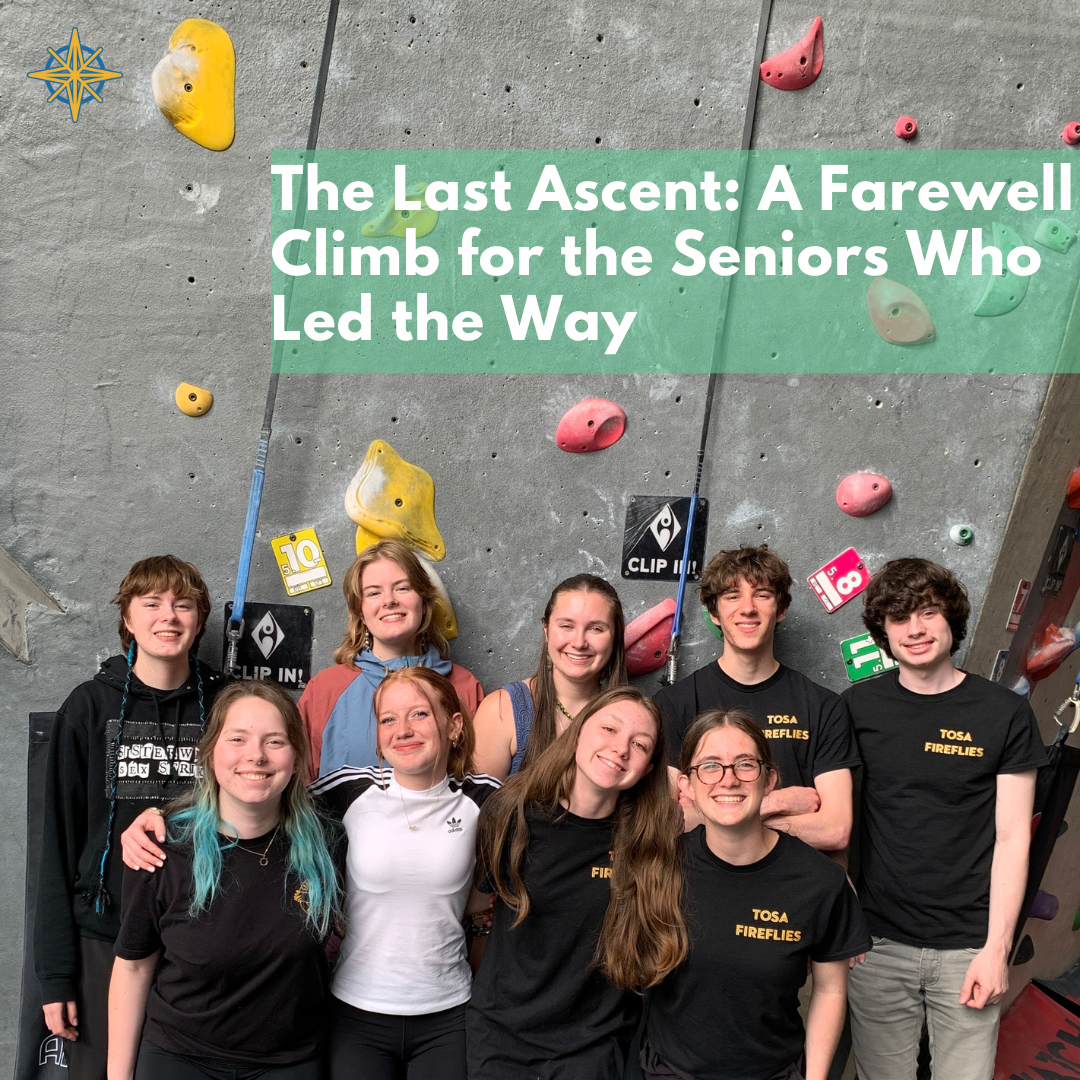4 Lesser-Known Activists Important to Black History Month
February 28, 2022

Everyone is aware of famous Black activists such as MLK and Malcom X, but Black History Month is a good time to be reminded of the lesser known people important to black history. Even though it isn’t as common to hear these peoples’ stories, they still have had major impacts on our modern society. Without these people, our world would be a very different place. Here are four black activists you probably haven’t heard of but should know of.
Ida B Wells (1862-1931)
Born in 1862, Ida B. Wells became a vocal activist and journalist in the late 19th and early 20th century. She began her career in 1884, when she sued a railroad company for removing her from a first class carriage because of her race. She gained fame though her investigations and journalistic pieces regarding the lynchings of black people. Her writings eventually forced her to move from Memphis to Chicago in 1894 due to the threat of white mob violence. Throughout the early 20th century she continued her activism, becoming a prominent suffragette, and one of the first founders of the NAACP.
Fred Hampton (1948-1969)
Fred Hampton was born in 1948 to two poor factory workers in Summit Argo, Illinois and later moved to Chicago at the age of 10. In his youth, he created free lunch and breakfast programs in his community and protested against racial injustice. He later studied pre-law at Triton Junior College where he learned how he could use the legal system to combat the tactics of local police organizations. Hampton later joined the NAACP and quickly became an important community leader. In 1968, he joined the Black Panther Party because of his support of their methods of black self-determination, capitalist critique, and anti-police action. Hampton introduced free breakfast programs, monetary assistance programs and arbitrated several truces between gangs in Chicago’s inner city. In 1969, Hampton was assassinated by the FBI in Cook County, California while he was sleeping.
Steve Biko (1949-1977)
Stephen Biko was a South African activist who gained prominence in the 1970s by organizing against Apartheid and promoting African self-determination. Biko was born in 1946 in Tarkastad, South Africa under British colonial rule. In 1968, he created the South African Students’ Organization after being disgruntled by the fact that many of the major anti-Apartheid groups were filled with mainly white liberals. Biko believed that black people should determine their own destiny because even though some white people may be well-intentioned, they could never understand the perspective of black people. Biko continued to be an activist on behalf of black people and against South African Apartheid until in 1977, when he was beaten to death by state security officers. Nelson Mandela admired his work and in 1997 stated, “History called upon Steve Biko at a time when the political pulse of our people had been rendered faint by banning, imprisonment, exile, murder and banishment.”
Marcus Garvey (1887-1940)
Marcus Garvey was a black nationalist philosopher and writer who, in the 1910s, founded the Pan-African movement and Universal Negro Improvement Association. Previously, he was a black rights activist in the UK and the United states, and authored the Declaration of Rights of the Negro Peoples of the world. Garvey believed that black people should be separate from other races but equal. Rather than asking for equal rights from white governments, he believed that Black people needed to form their own governments. He wanted black nations in Africa, the Caribbean and America to unite in forming a ‘Pan-African’ state. Garvey also believed in free market economics being the only way for black nations to resist white oppression. In Garvey’s opinion, white powers used government regulations on the economy to oppress the black worker and business owner.













